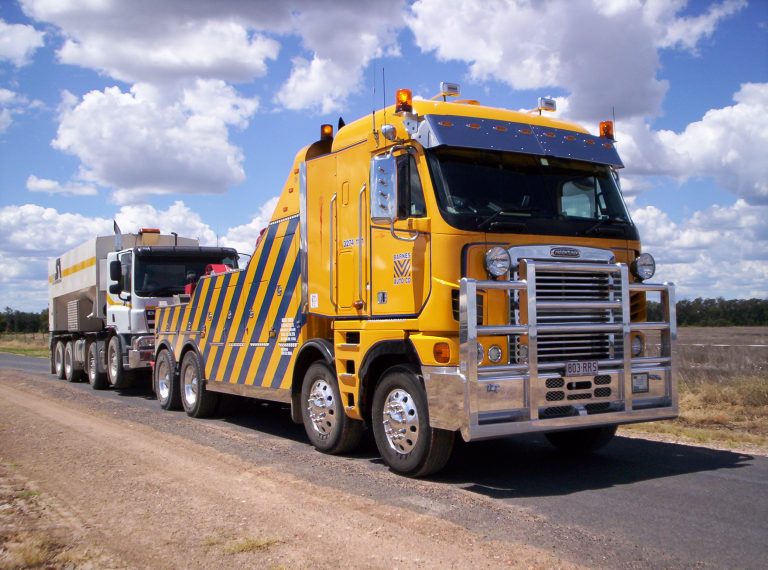
4 Things To Do While Waiting For A Commercial Tow Truck
When you drive a commercial truck, you may feel like a king on the road. Your extra wheels give you excellent grip in the worst conditions, so you often plough through storms without a second thought. And you trust your company's mechanic completely, so you don't worry about broken parts or worn out brakes.
But even the biggest, strongest vehicles can slide off the road, often with catastrophic consequences. Fortunately, you were lucky enough to be the only driver in the area. Better still, your vehicle didn't tip on its side or leak its hazardous contents all over the road. You knew that you'd never pull your truck out of the ditch on your own, so you called your nearest commercial towing company and gave them the details of the incident. The tow wouldn't be able to reach your vehicle for 20 minutes at least, so what should you do while you wait?
1. Report the Incident
In emergency situations, you should always report the accident to the authorities, even if no other vehicles were involved and no injuries occurred. When you make the call, let officials know whether they need to redirect traffic or deal with hazards on the road. And the police can use the information to identify black spots and crash trends in the area.
After you've reported the accident to the police, don't forget to report the problem to your manager, too. You likely have a busy deadline to meet, and your boss will need to let clients know that their shipment may arrive late.
2. Alert Other Drivers
Even if the road seems empty at the time, you never know who will drive the same path you do. To make sure they don't make the same mistake, alert other drivers to your presence via emergency lights, flares, cones or triangles.
As a general rule, position one triangle 200 metres in front of and behind your truck. Next, place the third triangle within 10 metres of the vehicle itself or your fallen load. These distances give drivers adequate time to see the warning, slow down and change lanes.
Please exercise caution as you place emergency triangles and cones, as you increase your chances of getting hit whenever you leave your vehicle.
3. Organise Your Personal Items
Although tow trucks have limited space in their cabin, they usually have space for at least one passenger. And since your vehicle won't be in any condition to hit the road again, you'll likely want to hitch a lift.
When you have to leave your truck for any length of time, make sure you have all your essentials on hand. Though you might not have room for your sleeping gear and toiletries, make sure to gather any cash, electronics and other valuables that will help you feel comfortable during the next few hours. Don't forget to bring any insurance and registration information you have stashed in your glove compartment or tucked under the seat.
If you have these items ready and available, you'll be able to transition from your truck to the tow truck in a timely fashion.
4. Stay in Your Truck if Possible
Some circumstances will require that you leave your vehicle for your own safety. For example, if your truck leaks fuel or other hazardous materials, you should give yourself plenty of distance should the fuel catch fire.
But in most cases, you'll stay safer when you sit in your truck. Many commercial drivers and even tow truck operators suffer injury when they leave their vehicles and enter busy traffic. Your truck will shield you from the elements as well as from oncoming distracted drivers.
Need More Advice?
Although these highways present their own risks, you can take steps to ensure your next trip goes smoothly. As with any long haul, make sure to adjust your speed around sharp bends and during inclement weather. And remember to save the number of a commercial towing company to your phone. If you do end up driving off any of these roads, you want to have access to help as soon as possible.